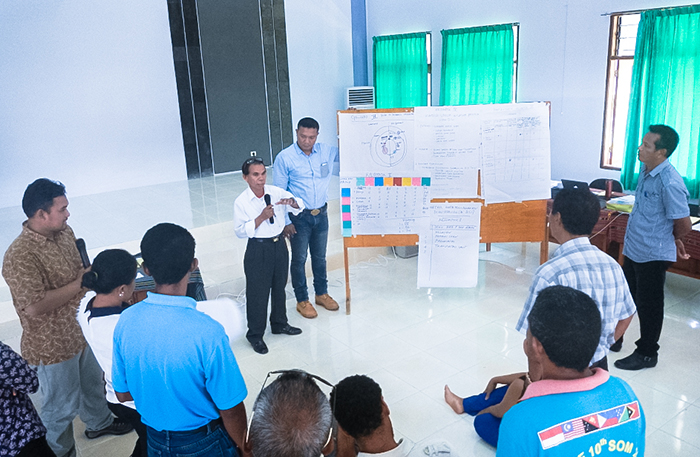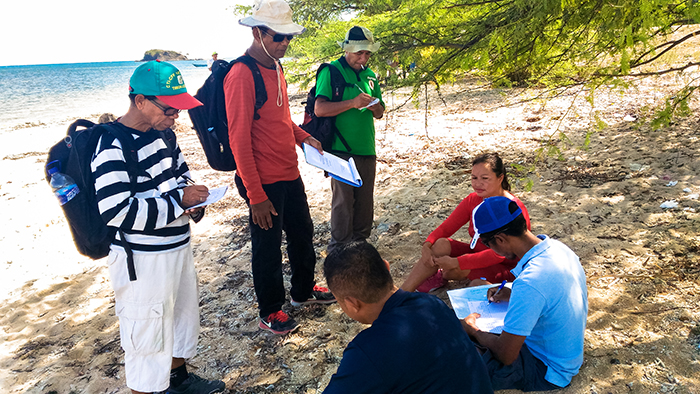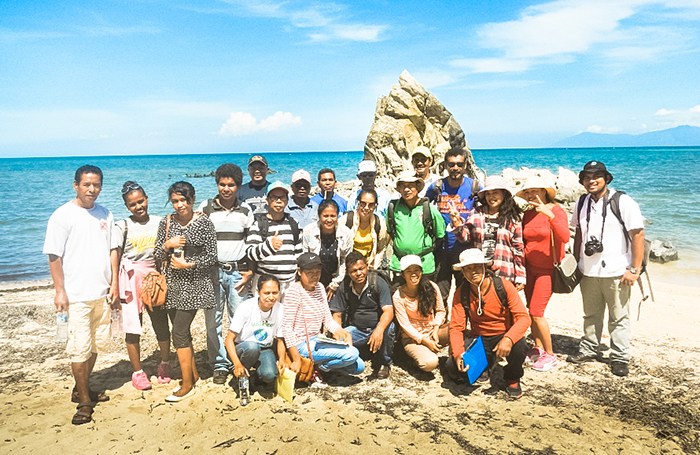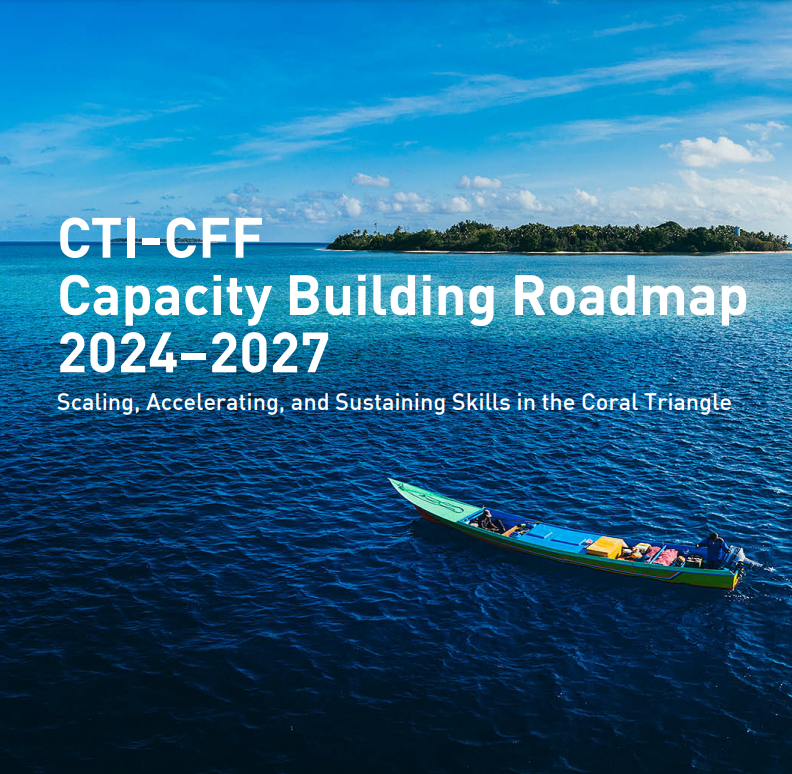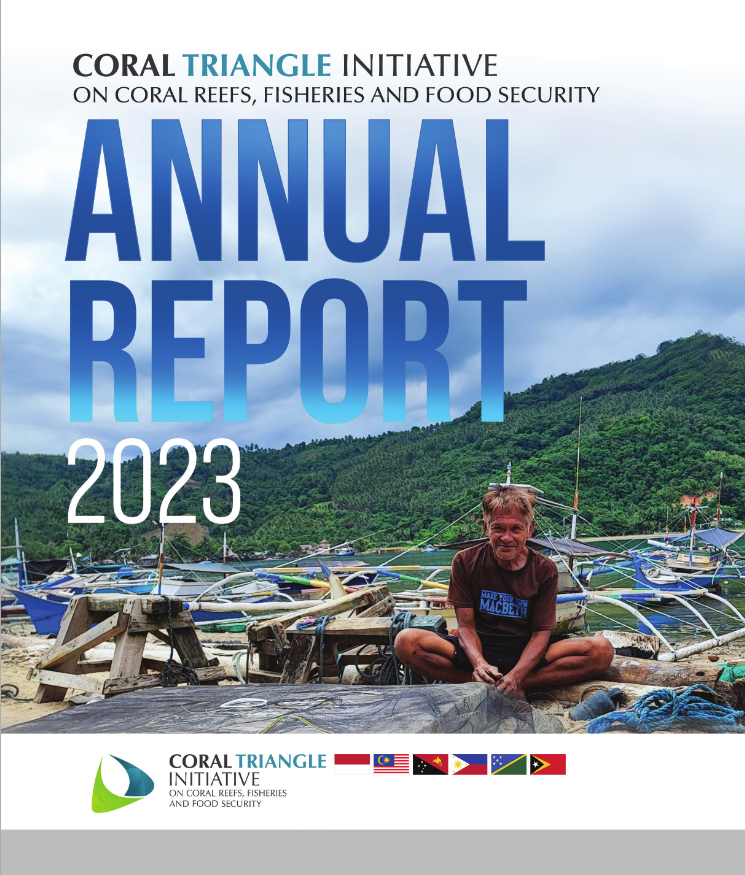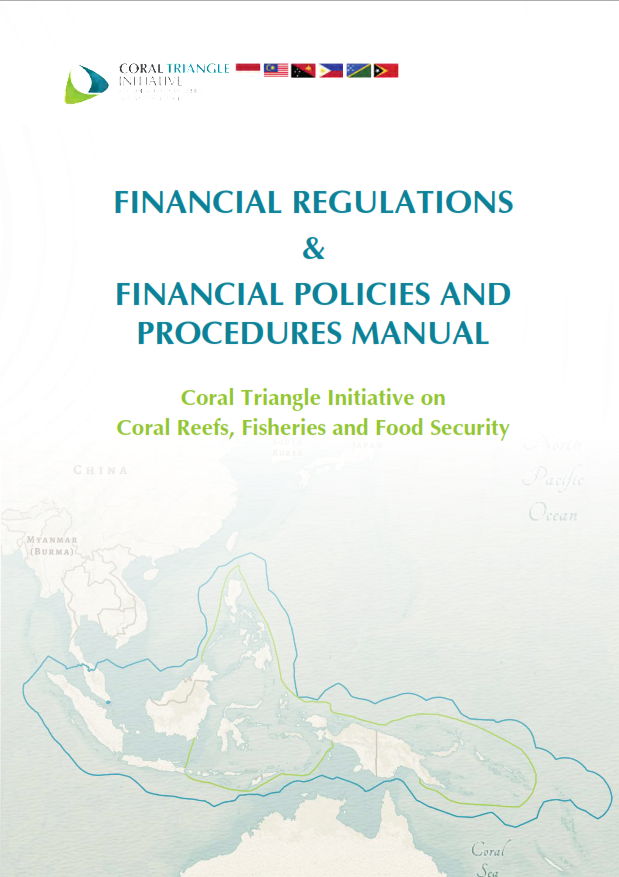Building Marine Protected Area Management Capacity in Timor-Leste
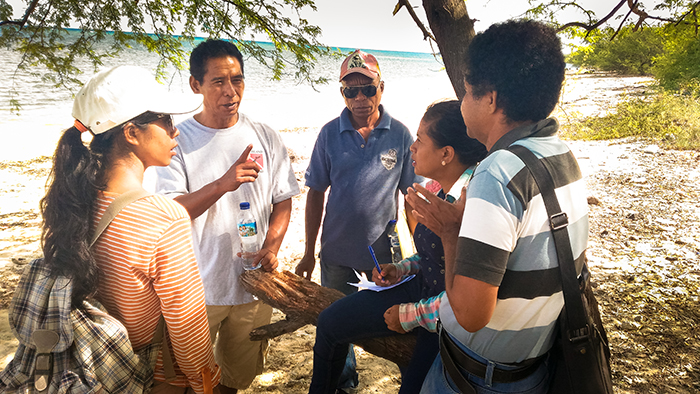
In an effort to further strengthen the effectiveness of marine protected area management in Timor-Leste, Coral Triangle Center, in partnership with Ministry of Agriculture and Fisheries in Timor-Leste, conducted Training of Trainer (TOT) on Marine Protected Area (MPA) Fundamentals in Dili on January 23-27, 2017.
The MPA Fundamentals course is one of the three curricula designed by CTC and National Oceanic and Atmospheric Administration (NOAA) for a regional training program for the six Coral Triangle countries.
The training covers topics such as marine ecology, biodiversity and watershed connections, stakeholder engagement and collaborative planning, management planning process, strategic management, building partnerships, monitoring and management effectiveness, coastal and marine spatial planning, among others.
Twenty-one prospective trainers from various institutions attended the training. They came from the Ministry of Agriculture and Fisheries; Ministry of Tourism, Art and Culture; Ministry of Commercial, Industry and Environment; National Directorate of Nature Conservation; Partnership Environment the Sea of East Asia (PEMSEA); Universitas Oriental Timor Lorosae (UNITAL); and Haburas. The training participants are expected to conduct similar training in the future where they act as trainers.
“This is a very good training. We need to learn all of knowledge that the trainers gave in related to MPA so that we can implement it for the MPA development in Timor-Leste.” Mr. Celestino Da Cunha Barreto (Director of Fisheries) said in his speech during the training’s opening program.
The training participants also visited Hera, a coastal area northeast of Dili where they learned to develop key questions about marine resources utilization, development process of an MPA, the MPA management, and the people’s perception on MPA. They also developed different scenarios of field trips, which will be useful when they conduct a similar training in the future in Timor-Leste.

